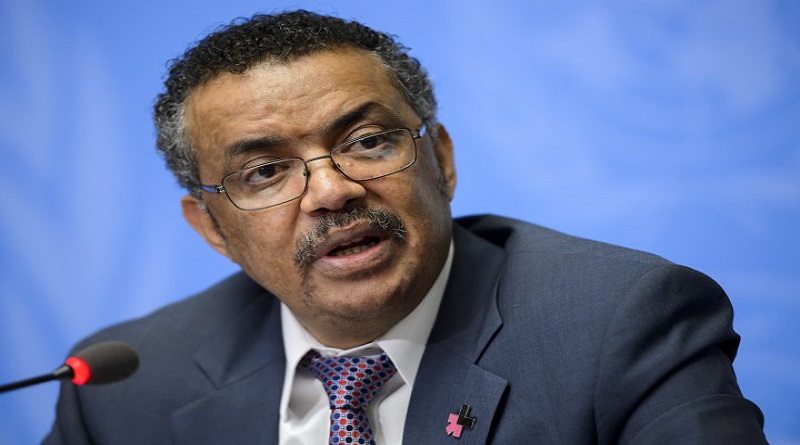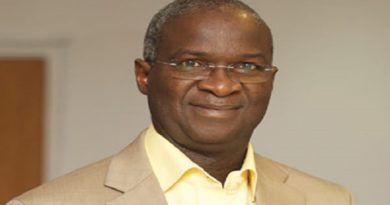WHO requires $1.7 bn to respond to COVID-19
The World Health Organisation (WHO), says it requires 1.7 billion dollars to respond to COVID-19 between now and the end of 2020.
Dr Tedros Ghebreyesus, the Director-General of the organisation, in his speech posted on the verified WHO website, made the remark at a news conference in Geneva on Friday.
Ghebreyesus said the amount represents the resources WHO estimates it needs to deliver on its updated Strategic Preparedness and Response Plan for COVID-19.
“The updated plan estimates that WHO requires 1.7 billion dollars to respond to COVID-19, across the three levels of the organisation, between now and the end of 2020.
“This estimate includes the funds that WHO has already received to date, leaving WHO’s COVID-19 response with a funding gap of 1.3 billion dollars for 2020.
“To be clear, this estimate only covers WHO’s needs, not the entire global need,’’ Ghebreyesus said.
According to him, WHO is deeply grateful to the countries and donors who responded to WHO’s initial Strategic Preparedness and Response Plan.
“WHO is also grateful to the hundreds of thousands of individuals, corporations and foundations who have contributed to the COVID-19 Solidarity Response Fund – we thank you so much for your commitment and support.
“Our updated strategic plan takes into account the lessons we have learned so far, strengthening WHO’s role in global and regional coordination.
“It is built on five strategic objectives: First, to mobilise all sectors and communities; second, to control sporadic cases and clusters by rapidly finding and isolating all cases.
“Third; to suppress community transmission through infection prevention and control and physical distancing; fourth, to reduce mortality through appropriate care.
“And fifth is to develop safe and effective vaccines and therapeutics,’’ Ghebreyesus said.
To support these objectives, he said WHO would continue to provide technical, operational and logistics support to countries, and we will continue to update and adapt our guidance according to local needs.
“In certain fragile settings and countries with weaker health systems, WHO will continue its operational work as a provider of essential health services,’’ the director general said.



